Practical tips to building support

Facing a cancer diagnosis alone can add to an already stressful time. You may live alone and not have a partner or close friend for support. Suppose you are single and thinking about dating. You may find it more difficult to reach out to others or meet new people. How do you meet those additional challenges?
Advertisement
Cleveland Clinic is a non-profit academic medical center. Advertising on our site helps support our mission. We do not endorse non-Cleveland Clinic products or services. Policy
You’re probably a very independent person and are used to taking care of yourself, but the cancer experience can be very daunting. Let’s face it, you will more than likely need someone (or several people) to rely on. You may need help with transportation to and from chemotherapy or radiation treatments, as well as emotional support.
Help with day-to-day tasks can make all the difference. You may need someone to help you around the house with laundry, cleaning, or driving to the pharmacy.
There may be times when you are feeling down and are struggling emotionally. Having someone to share in your experience is both important and therapeutic. You may find there are many people that you can reach out to for help. Sometimes help comes from the most unlikely sources.
Besides relatives (even those you’ve lost touch with) and friends, other people may be of assistance.
These include:
To help you come up with more ideas, consider making a list. Make two columns, one that says “Name” and the other that says “Area of Help” and think about who you may reach out to.
Advertisement
For some of us, it’s hard to reach out and ask for help but when it comes to cancer, everyone needs support. Also, people are often waiting to be asked because they want to help but don’t know exactly how, so you can allow them to act on their best wishes.
From the book The Complete Cancer Organizer by Jamie L. Schwachter, BSN, MSN, CNP and Josette M.Snyder, BSN, MSN, AOCN
Advertisement
Learn more about our editorial process.
Advertisement
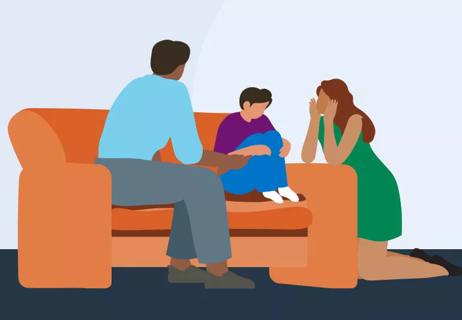
It’s important to share the news in an honest and age-appropriate way

Research doesn’t show a link between the personal hygiene product and breast cancer
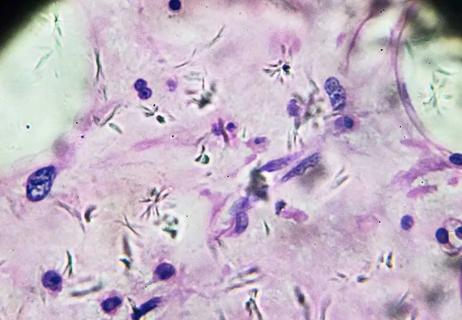
Carcinomas are the most common and affect skin and organs

7 healthy eating tips to help reduce your risk of some of the most common types of cancer
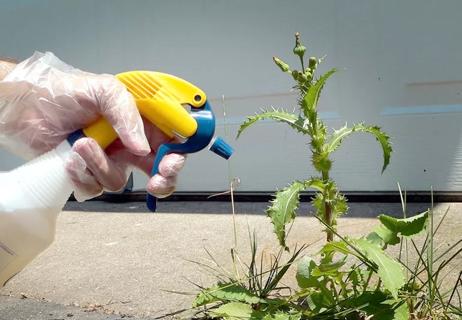
Research on the controversial issue is mixed, but there are safety precautions you can take
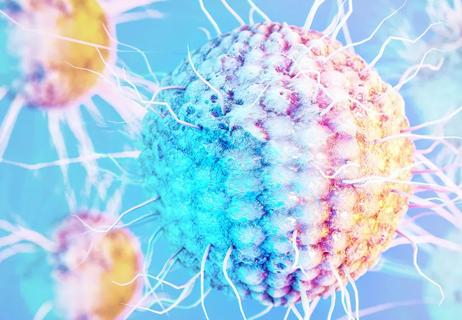
It’s not just smoking and genetics that can increase your risk of cancer
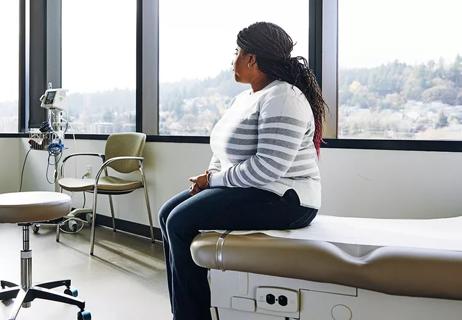
Misconceptions can be worse than reality
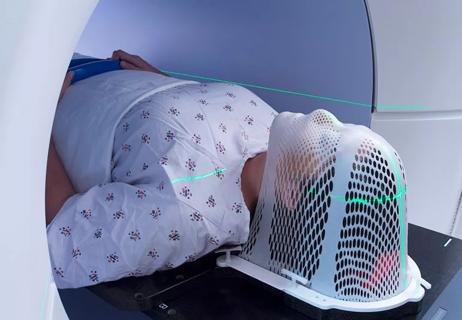
How to stay informed and in charge

Type 2 diabetes isn’t inevitable with these dietary changes

Applying a hot or cold compress can help with pain